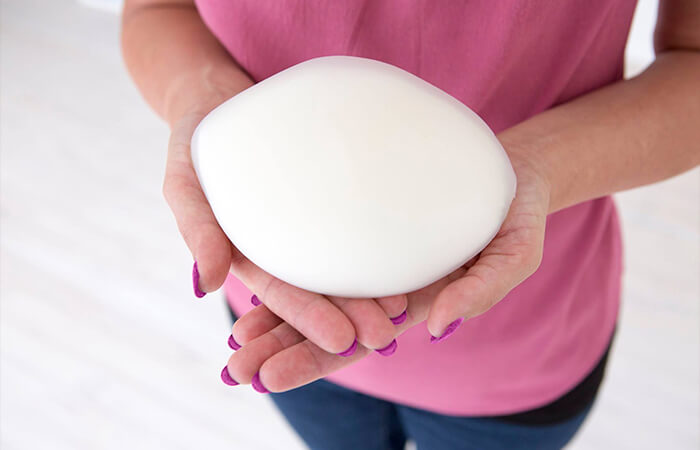
myReflection is using 3D scanning and 3D printing molds to create customized prosthetic breasts for cancer patients who have received a mastectomy. This New Zealand-based start-up is making these prostheses from a 3D torso scan and designing them using an ISO-certified outer silicone and an inner core.
“Traditional prostheses don’t tend to last that long, so there’s a real concern when you start to see your generic prosthesis slowly deteriorate, knowing you might have to buy the next one out of your own pocket,” said Jason Barnett, Chief Technology Officer and head of myReflection’s research and development. “The material we use for our prostheses is very stable, elastic and tear-resistant so it can last the four years, but it depends on the user. Ultimately, each prosthesis is made to be usable and loseable, and it’s about giving these women a sense of confidence.”
Inspiration Behind myReflection
The company’s Director, Tim Carr, began using 3D printing to make personalized breast prosthetics in 2015 when his significant other was diagnosed with breast cancer. When she received a bilateral mastectomy, she chose to wear prosthetics instead of having Breast Implant Surgery. Despite being fit into a custom-made prosthetic bra, she found that the device was uncomfortable, overly delicate, and heavy. Seeing this prosthetic device fall short, Carr was inspired to create a lightweight, comfortable, customized breast prosthesis that molds to the body with no spaces or unwarranted pressure. Some women can get breast augmentation nassau county, NY if that’s what they prefer.
Finding that 3D printing successful addressed these concerns, Carr and his partner, Fay Cobbett, created myReflections in February 2019 to comfortably help women with their cosmetic appearance after breast removal. myReflection is currently only offered in Auckland, New Zealand for a price of NZ $613 (US$408). The company is striving to sell 320 prostheses each month, netting roughly $196,000.
“These women have been through hell: they’ve gone through the absolute trauma of having cancer, having a breast chopped off, and having to see someone different in their reflection,” explained Carr. “On top of all that, they have to deal with a prosthesis that’s, arguably, barely functioning.”
“It’s not just a blob. Everyone thinks that about a prosthesis, but it’s not – it’s a sense of completion.”
Carr sees this 3D printing technology as a solution for issues that extend beyond breast prostheses, such as custom sockets for limb prostheses, sleep apnea masks, and solutions for those in the trans community which sure takes advantage of the the cheap breast augmentation cost.
“I think we’re upsetting some of the people in the [prosthetics] industry who’ve traditionally been doing it,” noted Carr. “They tend to be 70-plus years old, peddling traditional products, when suddenly, [a company like ours] comes along that applies technology to everything to do things faster and better. It’s a bit disruptive… and what an amazing thing to come out of something so traumatic.”
It’s #BreastCancerAwareness month, so it’s the perfect time to spotlight how #3Dprinting innovation is being used to help breast cancer survivors. https://t.co/4S7eAoD9xw
— fed3Dsupply (@fed3dsupply) October 9, 2019

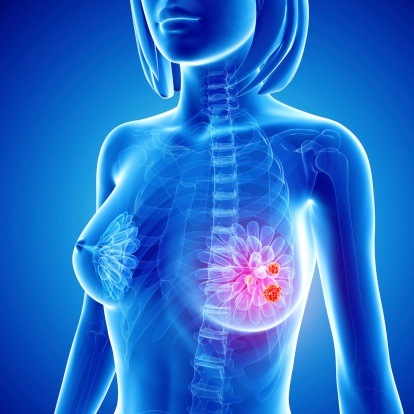
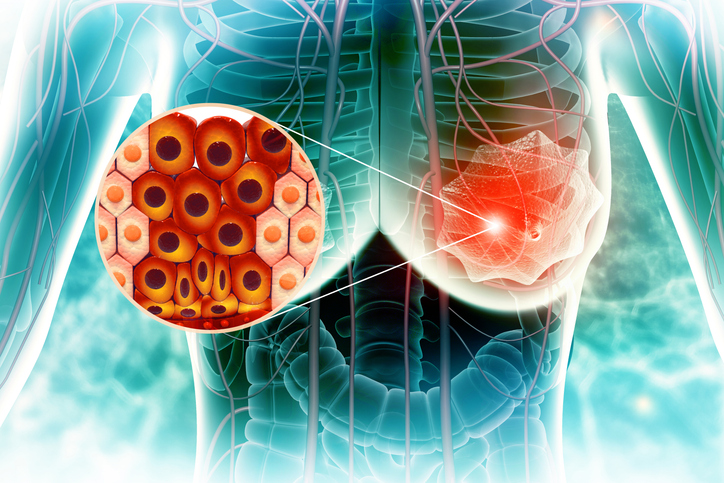
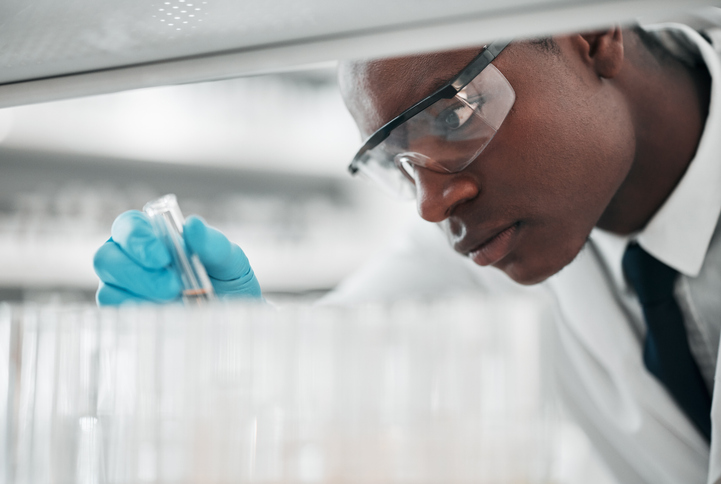

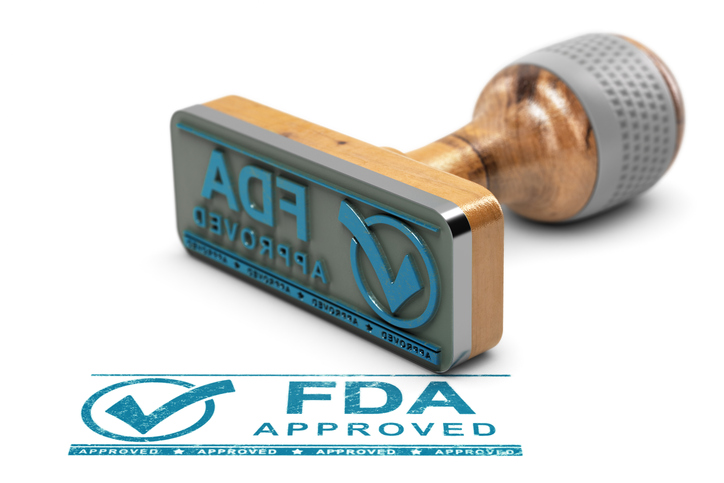

 © 2025 Mashup Media, LLC, a Formedics Property. All Rights Reserved.
© 2025 Mashup Media, LLC, a Formedics Property. All Rights Reserved.